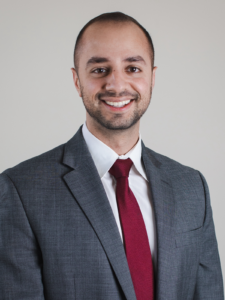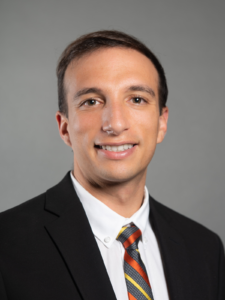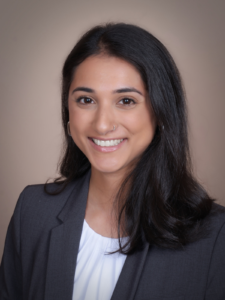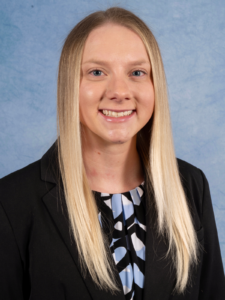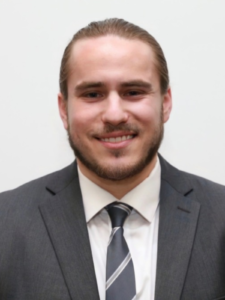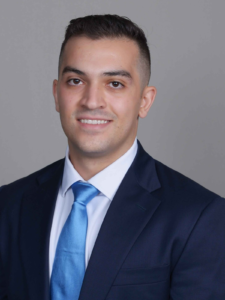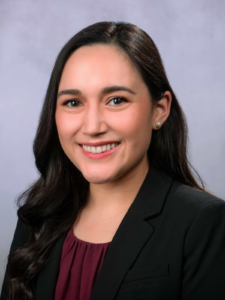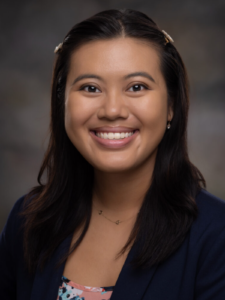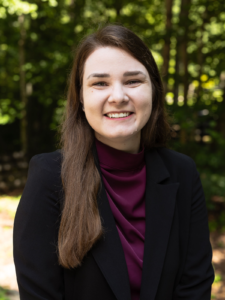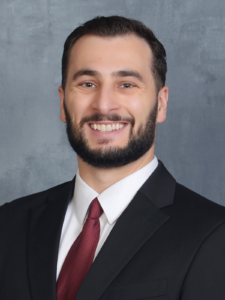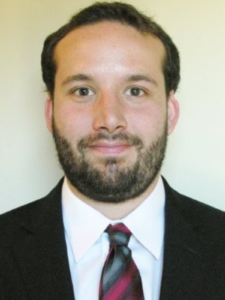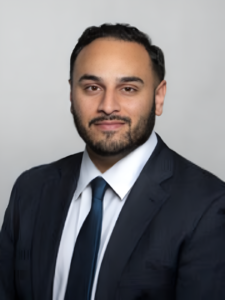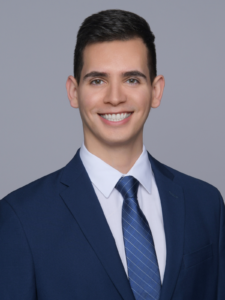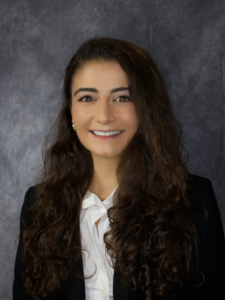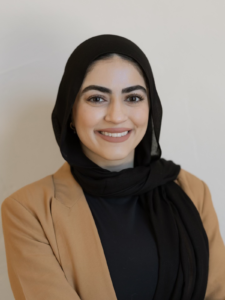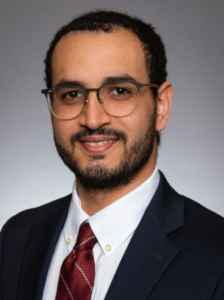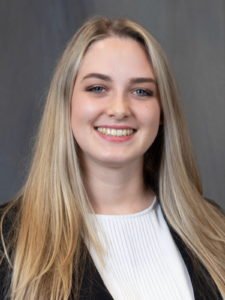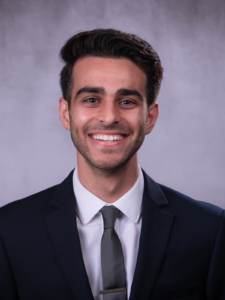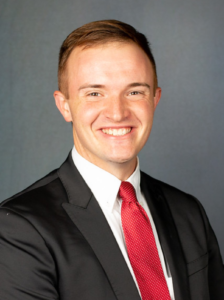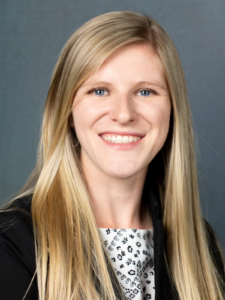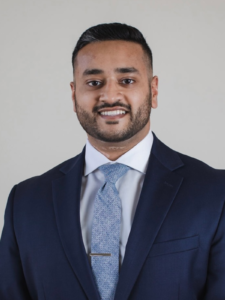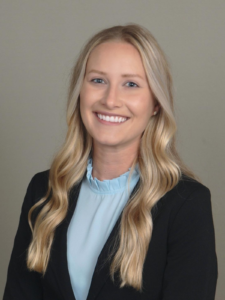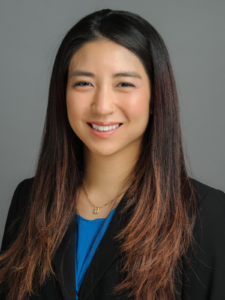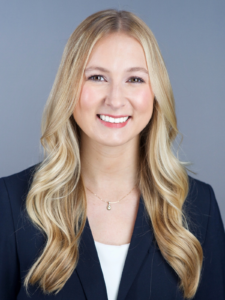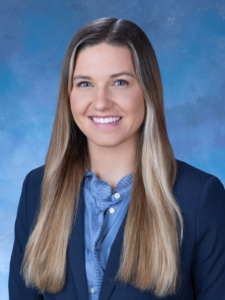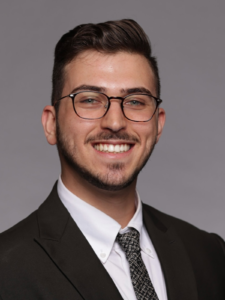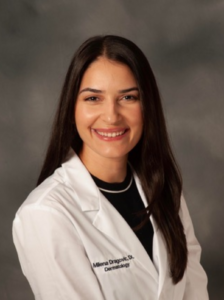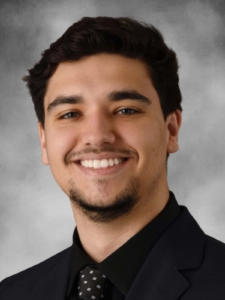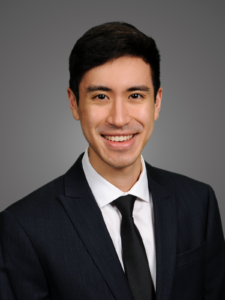Residency interviews are the final — and often most decisive — step of the match process. They are your opportunity to transform the facts on your ERAS application into a compelling story about who you are as a future physician. Below is a step-by-step checklist to help you show up organized, confident, and ready to stand out on interview day.
1. The Must Knows
Regardless of specialty or applicant type, many aspects of the interview season are predictable and ubiquitous.
Interviews are almost always going to be in a virtual setting and invitations will be sent via email. They are also often first come first served, and while receiving an invite does mean that there will be a spot for you, there is no guarantee that you’ll get the date you want if you don’t respond and accept the invite ASAP.
This process brings a lot of anxiety and uncertainty to applicants each cycle, so here are some pearls from our experience to help you along the way:
- Set email notification alerts and consider giving spouse/significant other/trusted friend access to allow for scheduling on your behalf if you anticipate being busy during October/November due to sub-internships.
- Have an up to date calendar synced to your phone
- If you get an interview invitation while on a Sub-I, try to respond quickly but privately (bathroom/breakroom) to avoid any misperceptions.
2. Build Your Interview Question Bank
Similarly to the actual experience of receiving and scheduling interview invitations, so to is the predictability of the most commonly asked interview questions. These are the ones you’ve probably heard about, and are MUST KNOWS for any applicant.
Create a Google Doc or spreadsheet of high-yield questions.
Write bullet-point answers under each, then distill them down to focus on clarity and conciseness.
Use techniques like STAR (Situation, Task, Action, Result) or our 4C’s method (Context, Conflict, Climax, Conclusion) for structuring your responses if you feel stuck.
Sample Must-Know Questions:
Tell me about yourself
The all time classic. This should be a well rehearsed elevator pitch that also comes off natural. Tell your origin story and who you are/how you got here. Keep it chronological and under 2 minutes in length.
- Why this program/location?
- Do your research not just on the program but on the city and the local culture. Know the program mission. Know why you want to go there and how you’d fit in.
- Tell me about a patient experience that you had an impact on (or had an impact on you)?
- You should have ~2 patient cases that stood out to you. Be able to present this briefly SOAP note like. This is not a presentation on rounds but an elevator-pitch type of presentation so the reader gets a glimpse of the patient. Then, focus on what you did and how you left an impact.
- What do you do when you aren’t at work or studying?
- Interviewers are people, and they want to ensure that you are well rounded, not just academically, but also have interest/hobbies outside of medicine that make you relatable and someone they can connect with on non-medical topics too.
3. Know Your Application Cold
Be prepared to discuss any line on your CV/ERAS application.
If you listed any research, be able to explain the rationale, methods, and key findings.
Interviewers want to understand your motivation for pursuing a specific experience type, as well as the tangible impact you had on the project/role and how this experience impacts your abilities and perspectives as a resident.
4. Research Programs and Interviewers
Read the program’s mission statement, understand their patient population, and unique initiatives.
Look up your interviewers’ faculty profiles, clinical interests, and recent publications (if pertinent).
Prepare 2–3 thoughtful questions to ask at the end of each interview that reflect your genuine interests.
5. Optimize Your Virtual Setup
Invest in a decent webcam for higher resolution audio/video
Ensure a stable internet connection, neutral background, and good lighting.
This might seem obvious, but your appearance and ability to have a fluid conversation via Zoom is critical to how you’ll be perceived.
Only display objects you’d be happy to discuss if asked.
- Ie: If you don’t play the guitar, don’t have one in the background.
- Minimize noise, distractions, notifications, and fidgeting.
6. Practice, Practice, Practice
Rehearse your answers out loud until they feel natural.
Pay special attention to your tone and pacing in virtual interviews — clarity matters more than speed.
- Mock interviews are essential – especially with actual residents/attendings within your specialty of interest.
Hundreds of medical students trust Matchpal every year to land their preferred specialty.
Our specialty-specific mock interviews give you real-life practice and insider feedback from current residents so you know exactly how to stand out when it matters most.
Book your mock interview today and step into the real thing with confidence



